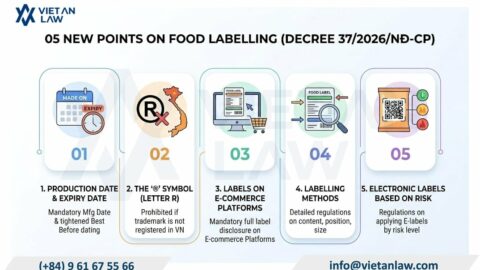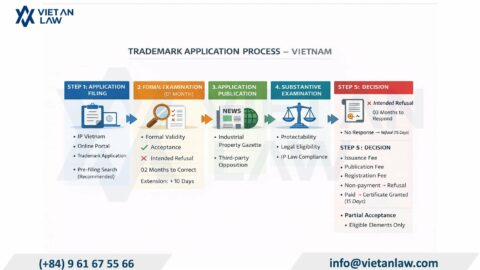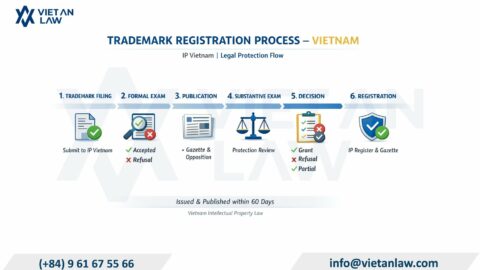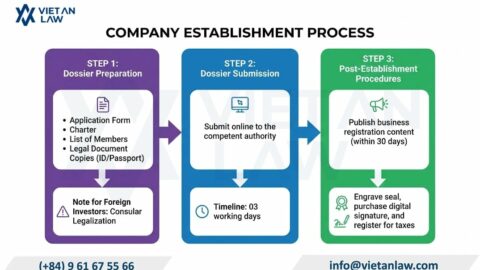In the competitive business environment in Canada, startups are always looking for competitive advantages to survive and thrive. One of the most important advantages is possessing unique and creative business ideas. These ideas are not only the seeds for success, but also an invaluable asset that needs to be protected. Trade secrets are information that is exclusive, not public, and gives businesses a competitive advantage. It can be product formulas, production processes, marketing strategies, or any other information that can help businesses differentiate themselves from the competition. For startups, trade secrets become even more important because they often possess new technologies, breakthrough business models, or proprietary market information. Good protection of trade secrets will help startups build trust and attract large investments, build a strong brand and increase competitiveness in the market. Viet An Law would like to guide customers on how to protect trade secrets in Canada through the article below.
Table of contents
Trade secrets are information that is commercial, has exclusive value, and is confidential. It can be product formulas, production processes, business strategies, or any other information that helps businesses have a competitive advantage. A good example is the Coca-Cola recipe – a secret that has been strictly guarded for more than a century. It is the great commercial value of this formula that makes the Coca-Cola Company constantly strive to preserve it.
In Canada, there is no specific law dedicated to the protection of trade secrets. Instead, this protection is based on general principles of the law, which are applied and resolved through litigation. In order for an information to be considered a trade secret and protected by law, it needs to meet the following conditions:
When there is a dispute related to trade secrets, the court will consider many factors to make a decision, including:
If the information is misused and causes damage to the business, they can file a lawsuit to claim compensation.
Trade secrets play an important role in many business activities. They are used for the following main purposes:
There are many ways to protect your critical business information, some common methods include:
Note, once the information has been exposed, it is difficult to restore security. So, combine multiple safeguards to ensure your business information is always safe.




